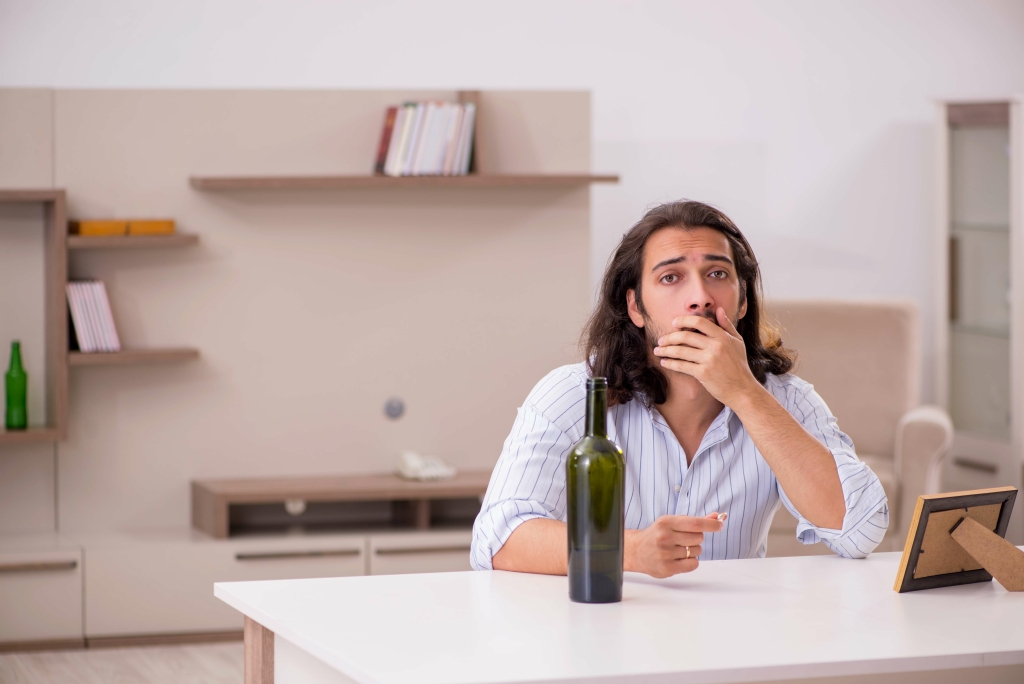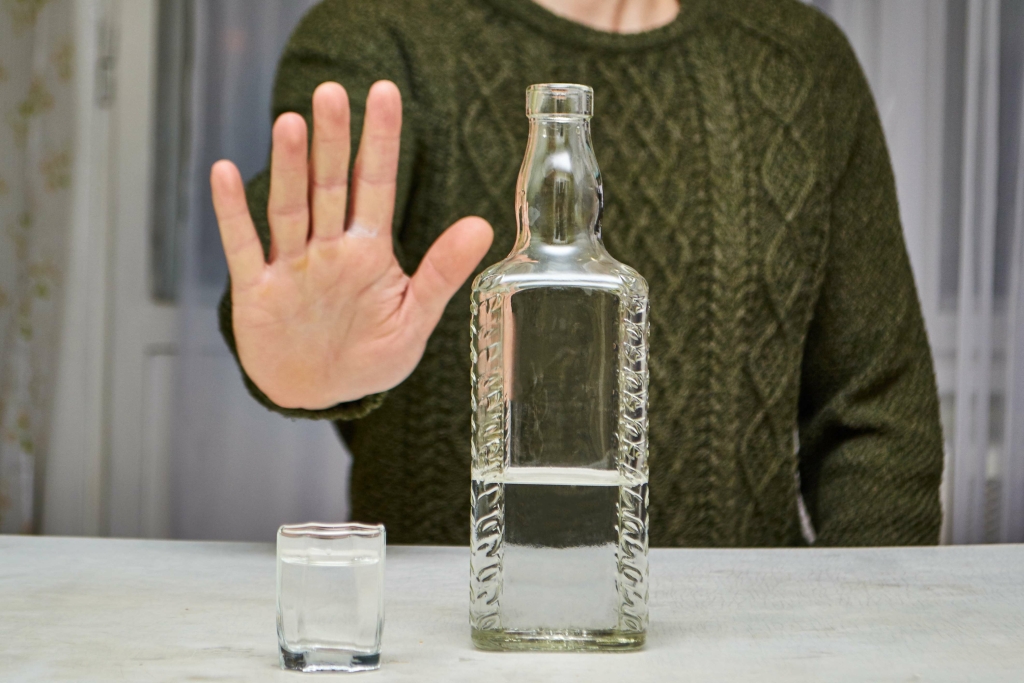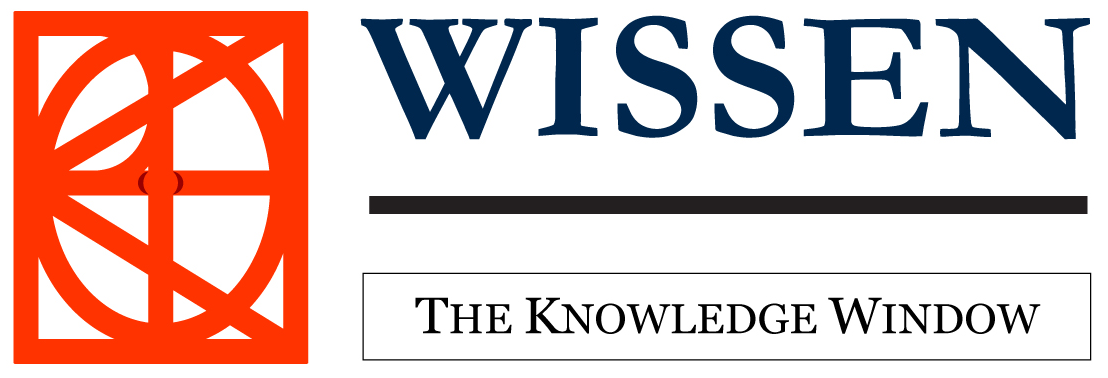In fact, drinking can change the chemistry of the brain in a way that actually makes anxiety worse. Knowing how alcohol affects anxiety may make it less tempting to have a drink to cope. There’s no sure way to prevent panic attacks or panic disorder. One of the worst things about panic attacks is the intense fear that you’ll have another one. You may fear having panic attacks so much that you avoid certain situations where they may occur. They can strike at any time — when you’re driving a car, at the mall, sound asleep or in the middle of a business meeting.

During the recovery period, a person may experience a depressed mood and appetite, discomfort, and memory problems. Even after a person is released from hospital care, it can take up to a month for them to feel normal again. Often alcohol intensifies the initial can alcohol cause panic attacks state of the drinker, so if you are feeling particularly anxious, you can expect this to heighten during your drinking. In addition to quitting alcohol, you will likely need medical intervention in the form of medication, cognitive behavioral therapy, or both.
Can I drink alcohol to cope with anxiety and panic attacks?
The review authors reported that reducing alcohol intake could improve people’s self-confidence, physical and mental quality of life, and social functioning. In this article, we look at the links between alcohol and anxiety, the risks, and how to manage anxiety and alcohol in daily life. Anxiety is different to depression, but they can sometimes go together – feeling anxious and worrying constantly can make you feel low. And depression is affected by alcohol too – find out more on our alcohol and depression webpage. If you’re drinking more than the UK low risk drinking guidelines (no more than 14 units a week for both men and women) try to cut down.
It has been reviewed by appropriate medical or clinical professionals and deemed accurate on the date of review. Photos are only for illustrative purposes and do not reflect every presentation of a condition. Our short survey takes just a few minutes to complete and helps us to keep improving our healthy lifestyle articles.
Does Alcohol Withdrawal Cause Panic Attacks?
If you have panic attack symptoms, seek medical help as soon as possible. Panic attacks, while intensely uncomfortable, are not dangerous. But panic attacks are hard to manage on your own, and they may get worse without treatment. A panic attack is a sudden episode of intense fear that triggers severe physical reactions when there is no real danger or apparent cause. When panic attacks occur, you might think you’re losing control, having a heart attack or even dying. If you are experiencing regular panic attacks, you need to ask for support.
With social anxiety, you may find social situations unbearable. It’s common for people with social anxiety disorder to drink alcohol to cope with social interactions. Doing this can lead to a dependence on alcohol during socializing, which can make anxiety symptoms worse.
Alcohol and anxiety: what’s the connection?
Occasionally unwinding with alcohol isn’t necessarily dangerous if your doctor approves. But once you start drinking, you can build a tolerance to the de-stressing effects of alcohol. This can make anxiety and stress even more difficult to cope with.
- Drinking alcohol on a regular basis can result in your body building up a tolerance to this substance over time.
- When you drink alcohol regularly for a long time, your brain will begin to produce stimulating hormones in higher-than-normal levels.
- In small amounts, alcohol can increase your levels of a neurotransmitter called GABA.
However, regular panic attacks induced by alcohol are a serious matter that can lead to addiction. The combination can lead to an increased risk of panic attacks and crippling anxiety. A way that alcohol inadvertently causes panic attacks is by robbing your body of high-quality sleep. The combined effect of all of this can lead to some serious anxiety symptoms later in the night or the day after drinking. If you drink chronically, this can increasingly become your natural state. Low blood sugar can trigger anxiety-like symptoms, leaving you feeling jittery and on edge.
Drinking alcohol can make you feel good for a short while because it raises your levels of a feel-good hormone called serotonin. However, when the effects of alcohol start to wear off, your serotonin levels decrease. Any reminder of https://ecosoberhouse.com/ the past trauma, including dreams or a random thought, can trigger a panic attack. Whether the attack is a result of a substance use disorder or a pre-existing mental health disorder, it is always a legitimate medical condition.
You may feel fatigued and worn out after a panic attack subsides. Alcohol is a natural disinhibitor — meaning it can cause you to make choices you may not make while sober. This is why some people can wake up feeling embarrassed about things they said or did.
Talking to someone at our 24-hour recovery hotline at Alcohol Awareness can help you identify ways to ease your mental health symptoms as you adjust to life in recovery. The answer to whether quitting alcohol can cause a first panic attack is hard to determine. However, research has revealed that there is a link between alcohol use disorders and the diagnosis of coexisting anxiety disorders of all types. While experiencing a panic attack might not be directly caused by quitting alcohol, it could indicate that your drinking habits were masking an underlying mental disorder.


Add Comment